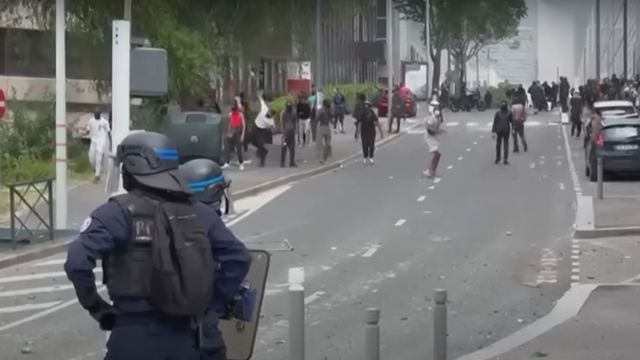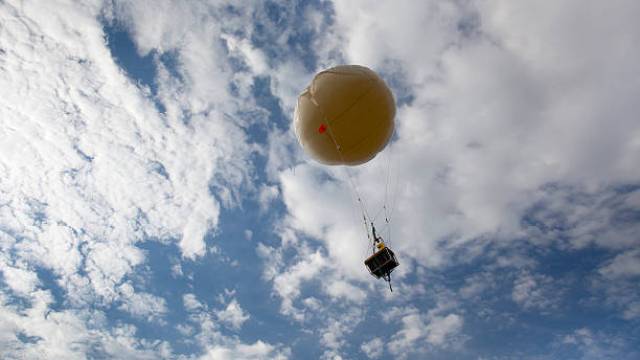4 violences infligées aux réfugiés
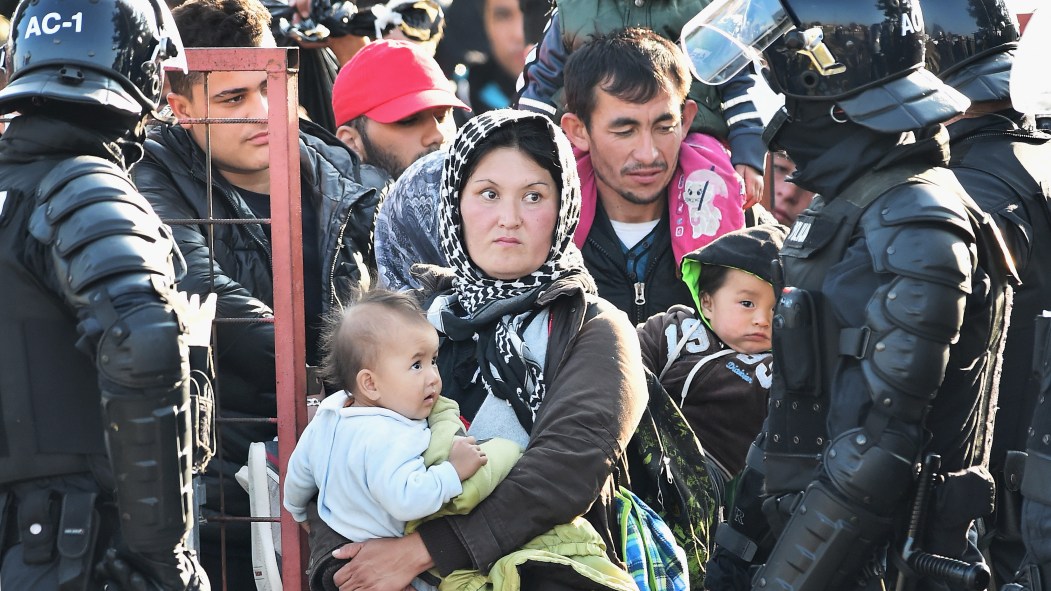
Le Haut Commissariat des Nations unies pour les réfugiés (HCR) affirme avoir reçu plusieurs rapports inquiétants d’enlèvements, de tortures, d’extorsion, d’abus sexuels et physiques le long des routes utilisées par les réfugiés. Les organismes internationaux préviennent aussi que la violence contre les réfugiés n’est pas seulement physique, mais également virtuelle, par exemple sur les réseaux sociaux.
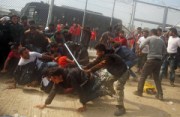 Violence
Violence
Des gestes violents, notamment des meurtres, des menaces et de l’intimidation, sont commis partout dans le monde contre les demandeurs d’asile, les migrants et les minorités ethniques.
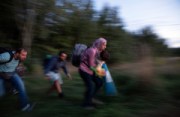 Enlèvement et violence sexuelle
Enlèvement et violence sexuelle
Le HCR rapporte que des réfugiés ont été kidnappés, torturés, volés par des passeurs ou des gangs criminalisés le long des routes migratoires. D’autres ont été victimes de violence physique et sexuelle.
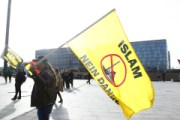 Discours haineux
Discours haineux
Les réfugiés sont victimes de discours haineux de la part des gouvernements, des partis politiques, des médias et des citoyens sur les médias sociaux.
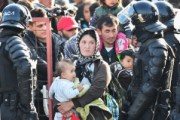 Refoulement aux frontières
Refoulement aux frontières
Selon les études du HCR, des dizaines de milliers de personnes ont été refoulées aux frontières de plusieurs pays européens, dont la Bulgarie, la Croatie, la Grèce, la Hongrie, la Serbie, l’Espagne et la Macédoine. Des cas de violence et d’abus ont été rapportés.


